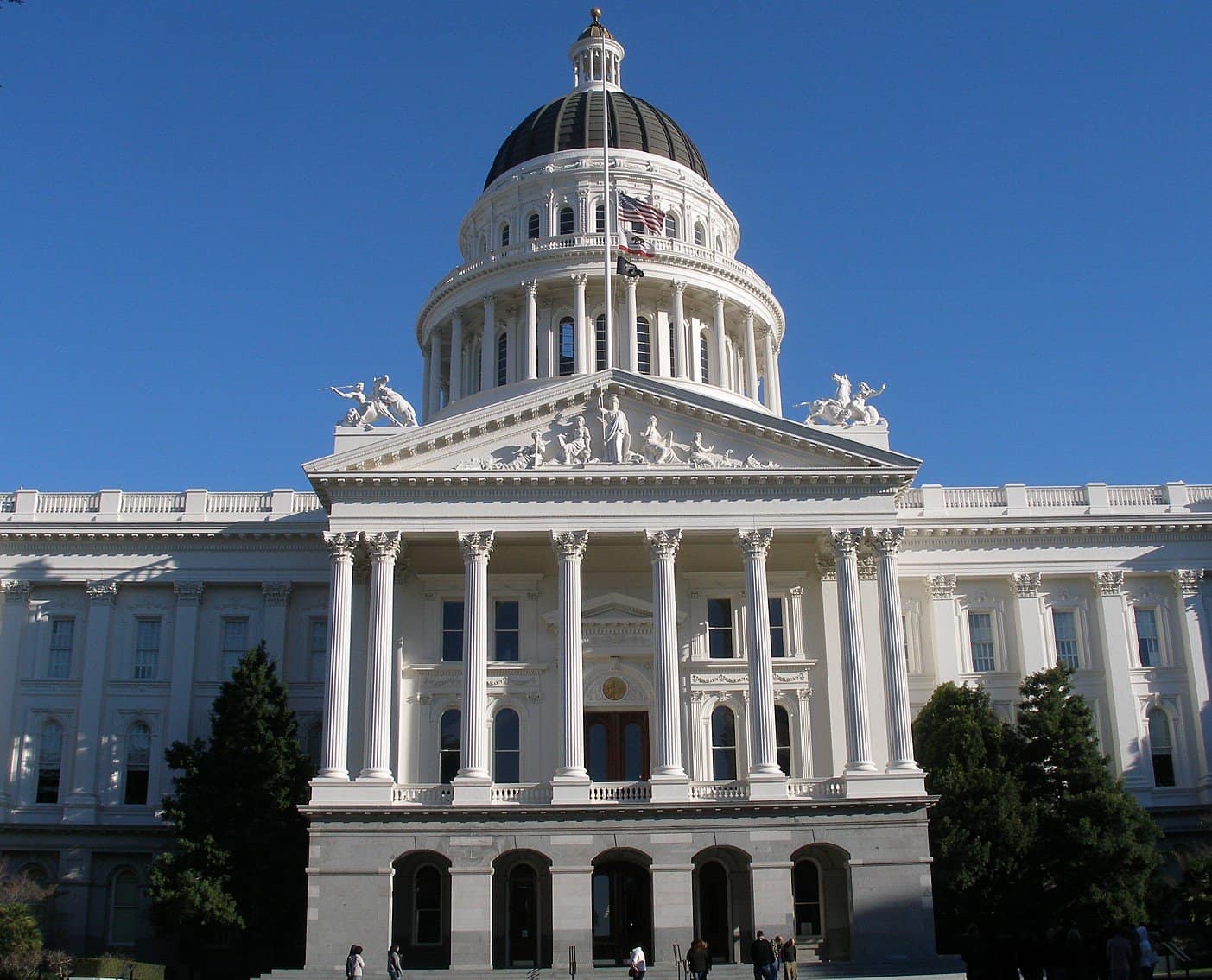
Michelle Berger is a student at Harvard Law School.
In today’s News and Commentary: the NLRB affirms findings that Starbucks violated the NLRA; the Supreme Court denies cert in a case that sought to challenge the constitutionality of California’s worker classification law; and a new conservative nonprofit weighs in on unions.
On Tuesday, a bipartisan three-member panel of the NLRB affirmed an ALJ decision from last year that found Starbucks violated the NLRA in connection with its conduct at a retail store in Seattle. In the case, baristas had received subpoenas to testify at an NLRB representation hearing. The baristas alleged – and the ALJ found – that Starbucks management told them the subpoenas did not excuse them from work and that, if they missed work for the hearing, they would face discipline unless they could find someone to cover their shift. The ALJ concluded that Starbucks’ conduct interfered with the baristas rights and violated Section 8(a)(1) of the Act.
Also on Tuesday, the Supreme Court denied a petition for certiorari in a case seeking to strike down A.B. 5, the California law intended to prevent misclassification of employees as independent contractors. Petitioners contended that A.B. 5 is unconstitutional under the First Amendment for its application to political canvassers. The Court’s denial of cert puts an end to this particular attack against the law, which has been a lightning rod for attacks from business interests in California. I wrote about A.B. 5 in the context of a constitutional challenge to the law on equal protection grounds in March.
In an article published yesterday, Timothy Noah of The New Republic reviews and critiques a self-proclaimed “handbook for conservative policymakers” produced by a new right-wing nonprofit, American Compass. Noah’s article, “Conservatives Aren’t Serious About Empowering the Working Class,” credits the American Compass publication – “Rebuilding American Capitalism” – for “capably identif[ying] the problems facing the working class,” including many of the sources of economic inequality. He credits American Compass, too, for recognizing the conservative case for labor unions (“conservatives … prefer private ordering to government dictates,” Noah quotes) and endorsing sectoral bargaining. (For more commentary on sectoral bargaining, see The Clean Slate Agenda). But ultimately, Noah observes, American Compass’ labor platform falls flat. It offers nothing by way of strengthening government protection for unionization. And alarmingly, it calls for curbing the political influence of unions –– which would, in effect, be “leaving politics to corporations.” The platform’s ambivalence (at best) toward labor leads Noah to conclude that American Compass “has some good ideas about what ails America, but it balks at furnishing the means to fix it.”






Daily News & Commentary
Start your day with our roundup of the latest labor developments. See all
July 3
California compromises with unions on housing; 11th Circuit rules against transgender teacher; Harvard removes hundreds from grad student union.
July 2
Block, Nanda, and Nayak argue that the NLRA is under attack, harming democracy; the EEOC files a motion to dismiss a lawsuit brought by former EEOC Commissioner Jocelyn Samuels; and SEIU Local 1000 strikes an agreement with the State of California to delay the state's return-to-office executive order for state workers.
July 1
In today’s news and commentary, the Department of Labor proposes to roll back minimum wage and overtime protections for home care workers, a federal judge dismissed a lawsuit by public defenders over a union’s Gaza statements, and Philadelphia’s largest municipal union is on strike for first time in nearly 40 years. On Monday, the U.S. […]
June 30
Antidiscrimination scholars question McDonnell Douglas, George Washington University Hospital bargained in bad faith, and NY regulators defend LPA dispensary law.
June 29
In today’s news and commentary, Trump v. CASA restricts nationwide injunctions, a preliminary injunction continues to stop DOL from shutting down Job Corps, and the minimum wage is set to rise in multiple cities and states. On Friday, the Supreme Court held in Trump v. CASA that universal injunctions “likely exceed the equitable authority that […]
June 27
Labor's role in Zohran Mamdani's victory; DHS funding amendment aims to expand guest worker programs; COSELL submission deadline rapidly approaching